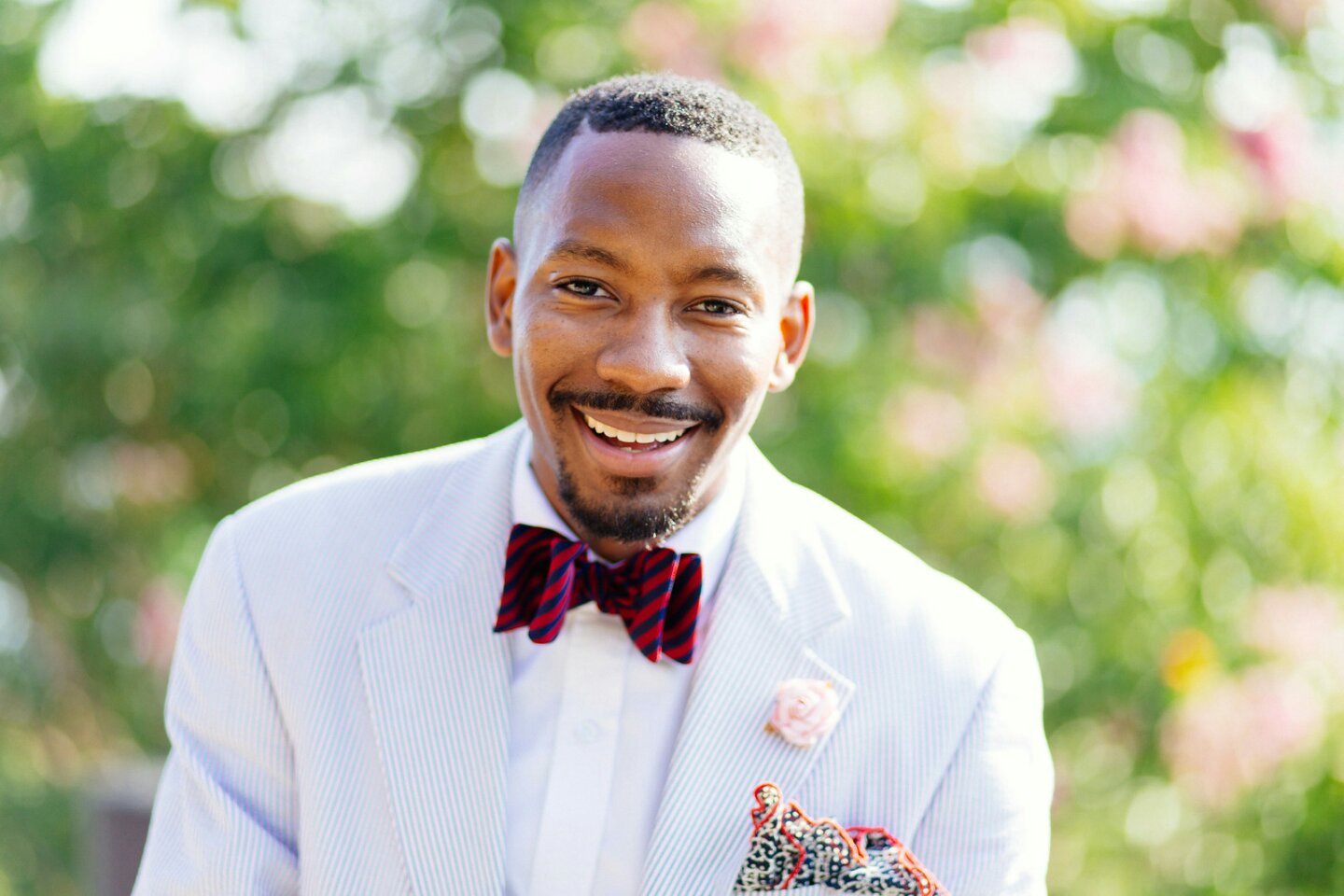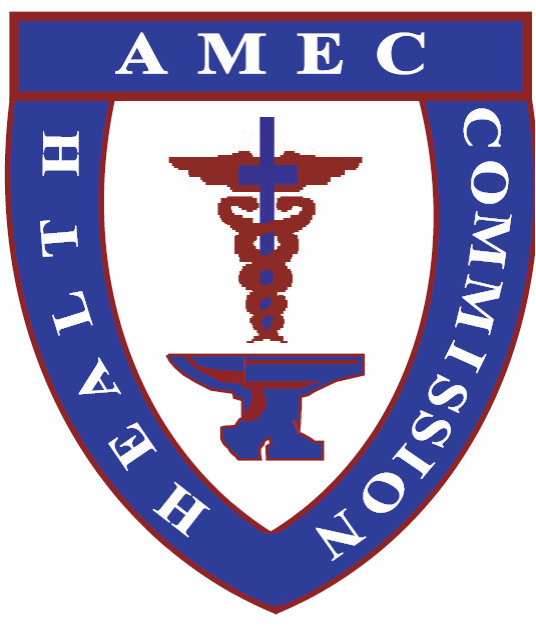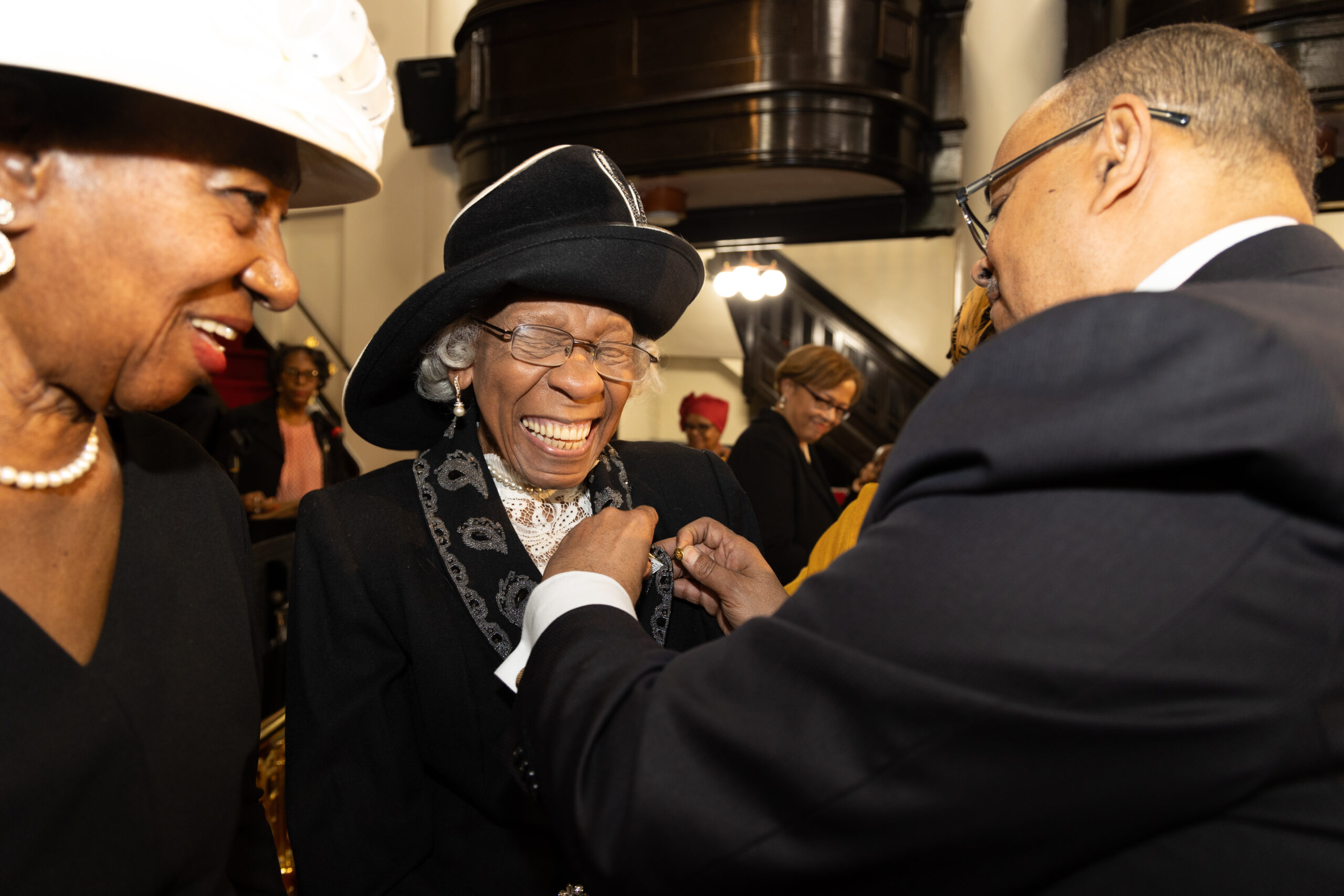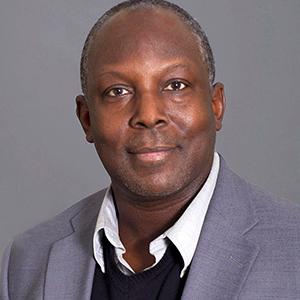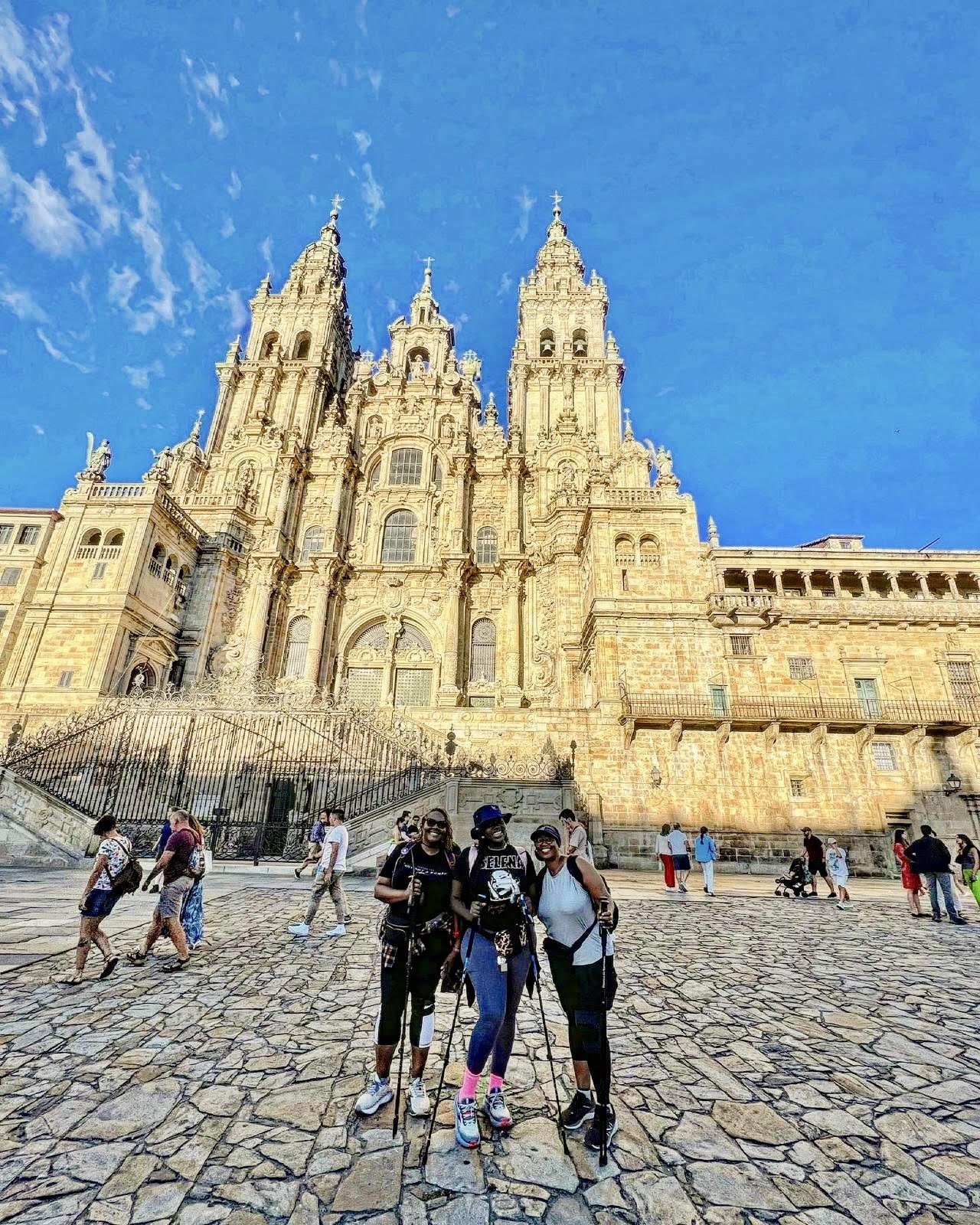By Quardricos Bernard Driskell, Columnist
Trump supporters descended upon the nation’s capital the second weekend of December at the March for Trump Rally, hosted by Women for America First. One woman got to the podium and said, “I believe in Jesus Christ. My Lord and Savior was not on the ballot, but I voted for Donald Trump because he represents the Lord.” One by one, speakers proclaimed their Christian witness that somehow Trump was ordained by God to be president, has served as a “good defender” for the faith and America, and, frankly, should remain president – the most pro-life president ever in the history of our country. Additionally, in September, when President Trump nominated Amy Coney Barrett to the Supreme Court of the United States, Trump and Republicans went after anyone raising questions about her ultra-right wing Christian beliefs.
Where did the association of Christian values and Republicanism start? It started in 1968, during the Civil Rights Movement against the backdrop of Vietnam, demonstrations, drugs, the sexual revolution, a political divide, and assassinations. In 1963, the Supreme Court case of Abington School District v. Schempp declared that school-sponsored Bible reading in a public school in the United States was unconstitutional. It was a year-earlier that Engel v. Vitale held that Christian prayer violated the First Amendment’s Establishment Clause.
And between 1968 through 1980, some Christians decided it was their time to win the struggle for their culture, against what they perceived as liberal secularism; their time to take this country back to “god,” and it was their time to rule. Christians—mainly white Evangelicals joined by a good swath of Roman Catholics—organized to seize political power. The idea and strategy were to get their brand of Christians elected to office, appoint like-minded judges, those that resonated with their moral beliefs of turning our country around and made it moral again – “Making it Great Again.”
Their victory was accomplished not by President Jimmy Carter, a Christian who lives his faith, but through the election of Ronald Reagan. The Moral Majority movement meant private schools rather than public schools, birthing babies rather than empowering a woman’s choice, heterosexual marriage rather than the same-gender marriages, local control rather than federal control, and America and Israel rather than American and the world.
And nearly fifty years later, these Christians have politically won again with the election of Donald J. Trump. And even though January 20, 2021, will usher a new presidential administration, the Moral Majority’s reached their apogee through the nomination and confirmation of Justice Amy Coney Barrett. Rumored that she was associated with People of Praise, an insular evangelical group of Christians, Justice Amy Coney Barrett, who described herself as a faithful Catholic, did not speak publicly about the religious community that played an essential role in her formation.
Consequently, had Democratic Senators raised questions regarding Amy Coney Barrett’s religious beliefs during her confirmation hearings, it would seemingly be because her Catholic faith appears to be of unusual intensity and rigged dogma. For instance, in 2006, Barrett told graduates of the Notre Dame Law School, where she taught and her alma mater they should see their upcoming legal careers “as but a means to an end … and that end is building the Kingdom of God.”
Yet, somehow it is fair game to attack Rev. Dr. Raphael Warnock, a candidate for the Georgia U.S. Senate runoff election against incumbent Kelly Loeffler (R-GA), for his faith, beliefs, and sermons without any theological context or understanding. How fascinating this nexus of race and gender is in the proclamation of Christian beliefs and the decisions of whose beliefs and interpretations are publicly dissected and criticized.
The National Republican Senatorial Committee (NRSC) recently released an attack ad on Rev. Dr. Warnock featuring an excerpt of black theologians and famed preachers: the late Rev. Dr. James Cone, Rev. Dr. Jeremiah Wright, and Rev. Dr. Calvin O. Butts, ending with its editorial proclamation “You can tell a lot about a man by the company he keeps.” What is lacking in Republicans’ understanding of Rev. Dr. Warnock’s preaching is any sense of its historical imperatives and, particularly, any depth of understanding of the Black church preaching tradition, the social gospel movement, and Black liberation theology. The lack is, indeed, willful, not a product of simple unawareness. It is necessary as well as protective for a well-formed Evangelical world view. The Black tradition of the social gospel equipped leaders of the Civil Rights Movement with much of the movement’s intellectual underpinning. This movement–best described as social justice politics with progressive theology—includes Martin Luther King Jr., his chief mentors, the allies, and the entire tradition of black church social justice activism reaching back to the early 1800s. This tradition also birthed President Barack Obama’s perception of the intersections of faith and public life due to his years of attendance at Rev. Wright’s Trinity United Church of Christ in Chicago, himself a product of this liberation preaching ethic. The social justice movement, then as now, is not the organizing and animating core of Evangelicalism.
Essentially, to attack Rev. Dr. Warnock as “radical, liberal” is to attack, square-on, the legacy of Rev. Dr. Martin Luther King, Jr. Like Warnock, he believed that racism, sexism, militarism, poverty, and classism were deeply ingrained iniquities that long have threatened America’s democratic ideals. He stood outside of the stream of Evangelical sentiment. Whenever religious figures speak in the prophetic tradition that critiques American imperialism and exceptionalism, they are vilified as anti-American. These tropes are compounded and used more frequently among those situated in the African American preaching tradition. In 1967, Rev. Dr. King’s “Beyond Vietnam” address at the Riverside Church crucially condemned America for its lack of empathy and financial resources for the poor and racially oppressed while calling for the end of America’s militaristic proliferation. As current senior pastor of Atlanta’s Ebenezer Baptist Church — where King, his father, and maternal grandfather were pastors, Warnock’s preaching proclaims belief that the Christian faith is, at its very core, social-justice oriented and is not solely concerned with the spiritual and the secular, but also the political.
Religious beliefs are emergent from a much broader and more complex political-ideological context than our holy books, uninterrupted, alone provide. For instance, the belief in climate crisis denial is inextricably linked to belief in unfettered capitalism, justified by “prosperity theology,” the belief that material gain is a reward from God for personal virtue. And as such, no one should be surprised at the intersection of religion and politics in our country, or even faith and public policy. Every President since Washington has used the symbolisms of Christianity to appeal to the American people. Famed sociologist, Robert Bellah, taken from Jean-Jacques Rousseau, coined the term “civil religion,” the belief that Abrahamic faiths, particularly Christianity, is the “national faith” used to unite the country during difficult times – that religion and morality are indispensable supports to the American Republic. However, the Republican Party’s current suffusion with Christian nationalism – the ideas that America was founded as a Christian, mostly white nation and that an authentic American is Christian corrodes the very sanctity of any unifying “civil religion,” as egregiously illustrated by Trump’s use of the Bible, the church, and Christianity as pretexts to forcibly remove peaceful protestors from Lafayette Square and stage a political stunt in front of St. John Episcopal Church. Like King’s sermonic critique of America, Rev. Warnock’s sermons are not a distortion of the Bible, but rather a prophetic commentary on the power structure that supports the idea of Christian nationalism.
The attacks against Warnock are not only jabs at the Black prophetic preaching tradition but palpably thrusts at the Black American Christian community itself, who through the preached practice of Jesus and the exodus story insistently calls America to be its better self. The Republican Party does not have a monopoly on Christian values or deciding what they should be. This is the double standard of American politics and Christianity – if Justice Barrett’s faith was “irrelevant” in assessing her acceptability to be an associate justice on the Supreme Court, then it should be equally irrelevant in evaluating Reverend Warnock’s role as a progressive Baptist minister running for the U.S. Senate. If the examination of Warnock’s beliefs is open for discussion and attack, then so should have been Amy Coney Barrett’s or yet be anyone else’s entering public office. Finally, if this is really to be so, then there needs to be far more searching discourse of what our sacred texts truly are saying to us than our constrained mantle of Christian nationalism has allowed us to have so far.
Quardricos Bernard Driskell is an adjunct professor of legislative politics where he teaches on religion, race, public policy, and politics at The George Washington University Graduate School of Political Management. Follow him on Twitter @q_driskell4.

